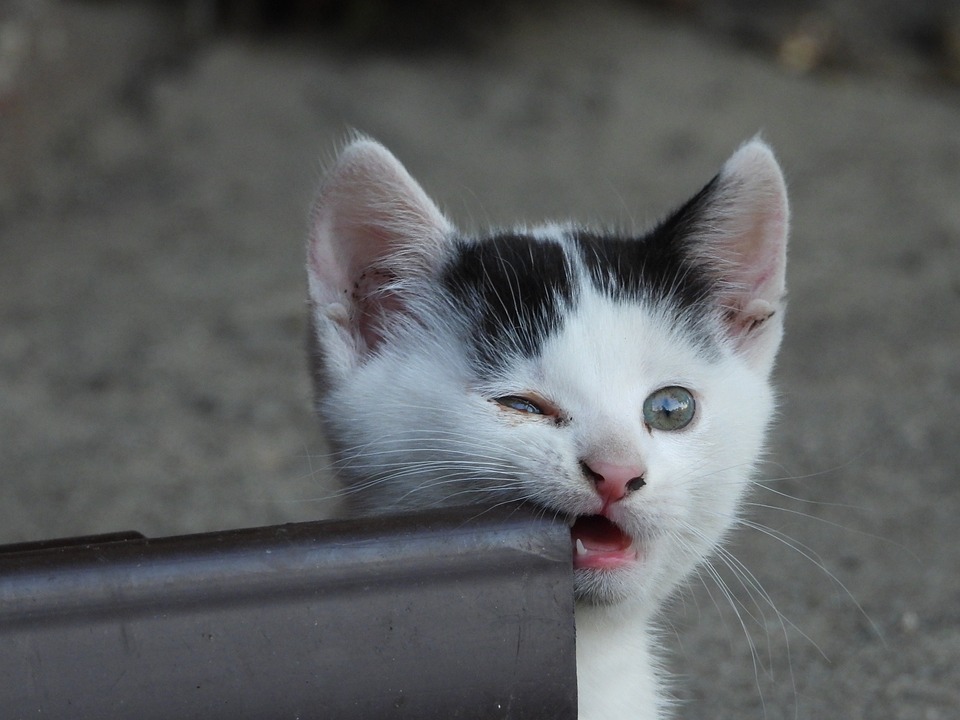Preventing and managing common dental issues in cats with oral inflammation is essential for their overall health and well-being. Cats, like humans, can suffer from oral inflammation, but with proper preventive measures and effective management strategies, you can ensure their dental health is maintained.
Oral inflammation in cats can be caused by various factors, including plaque and tartar buildup, gum disease, tooth decay, and oral infections. It is important to recognize the symptoms of oral inflammation, which may include bad breath, swollen or bleeding gums, difficulty eating or chewing, pawing at the mouth, and a decrease in appetite.
Preventive measures play a key role in maintaining dental health in cats. Establishing a regular dental care routine is crucial, which includes brushing your cat’s teeth. It is important to use a toothbrush and toothpaste specifically designed for cats, as human toothpaste can be harmful to them. Brushing should be done gently and gradually, starting with short sessions and gradually increasing the duration.
In addition to brushing, dental diets and chews can also help prevent oral inflammation. Dental diets are specially formulated to promote oral health, and chews help remove plaque and tartar buildup. It is important to consult with your veterinarian to determine the most suitable dental diet or chew for your cat.
Routine veterinary dental examinations are also important for preventing dental issues. Regular check-ups allow your veterinarian to detect any signs of oral inflammation or other dental problems early on. They may recommend professional dental cleaning if necessary, which involves removing plaque and tartar buildup under anesthesia.
Managing oral inflammation in cats involves a combination of professional treatments and home care. Medications may be prescribed by your veterinarian to reduce inflammation and manage any underlying infections. Home care tips may include using oral rinses or gels, providing dental treats, and incorporating dental toys or toothbrushes into playtime.
Regular follow-ups with your veterinarian are crucial in managing oral inflammation. They can monitor your cat’s progress, adjust medication if necessary, and provide further guidance on home care techniques.
In the frequently asked questions section, common queries about oral inflammation in cats are addressed. These include signs of oral inflammation, potential health issues related to oral inflammation, frequency of teeth brushing, alternatives to brushing, the benefits of dental diets and chews, the need for anesthesia during professional cleanings, home remedies for managing oral inflammation, the use of human toothpaste, making cats comfortable during dental exams, and breed-specific predispositions to oral inflammation.
By following the preventive measures and management strategies outlined in this article, you can significantly reduce the risk of oral inflammation and other dental issues in your cat. Remember, good dental health not only ensures their overall well-being but also enhances their quality of life. If you notice any symptoms of oral inflammation or have concerns about your cat’s dental health, it is important to consult your veterinarian promptly for proper diagnosis and treatment.








